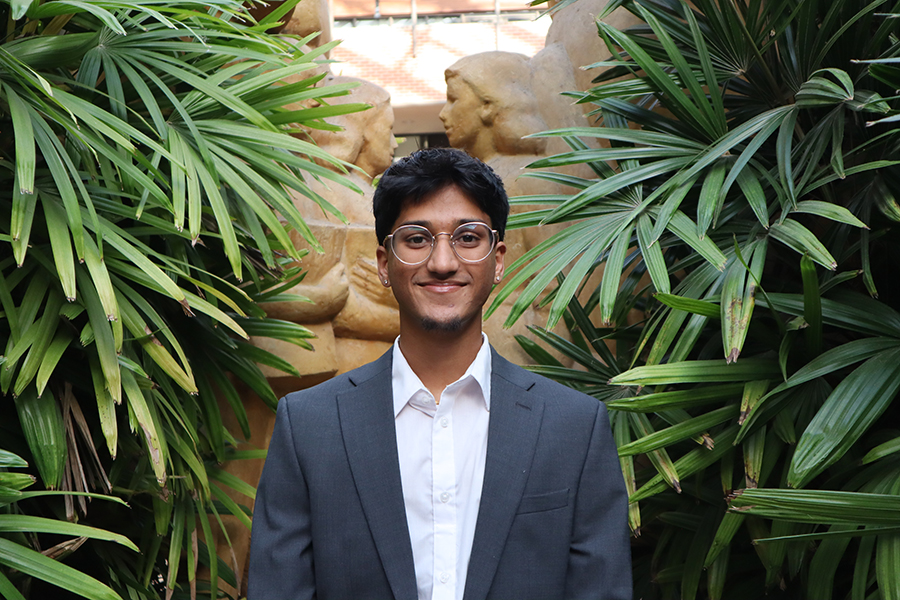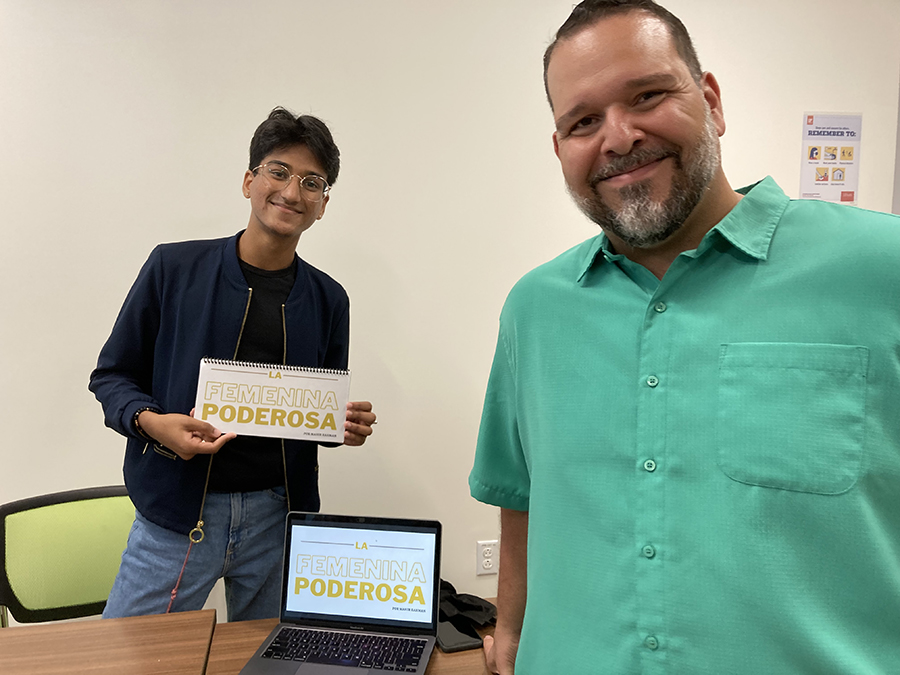by Mahir Rahman

I would argue that the Spanish and Portuguese language department is one of the most inclusive and open-armed departments on this campus. As a foundation for several Spanish minors/majors, Latin American Seminars, and cultural immersion, the department enlists professors that are willing to hold uncomfortable conversations about systematic issues and injustices across the world. In light of the recent events in both Florida and our University, it is increasingly important to shed light on the power of literature, research, and academia.
I took Comida y Conflicto my first Spring Semester at the University. Walking into Anderson on Mondays and Wednesdays was one of the most frightening experiences I have ever had. In a room of primarily heritage speakers, I was initially afraid of incorporating myself in the much-needed conversations. Yet, through the encouragement and kind support of Profesor Antonio Lopez and Profesora Kathryn Dwyer-Navajas, I have gained an insurmountable amount of confidence in my Spanish-speaking and comprehension skills. Although I will always struggle with reading the diaries of Christopher Columbus in old-Spanish, my determination to understand and share my thoughts, expands far beyond those strifes.
The course is one I remember, and at the time resented, but now would consider one of my favorite and most rewarding courses. The following summer, I was able to attend the UF in Peru: Archaeology Field School, where I engaged in Spanish discourse and was able to expand my knowledge on cultural foodways, food systems, and the intersections between production, consumption, and sociopolitical injustices. Comida y Conflicto also inspired me to write a Children’s Illustration Book about Anacaona, a Taína leader in the present-day Dominican Republic and Haiti. The book delves into themes of ecofeminism and social justice in a diluted manner, allowing children to engage in important conversations often ignored in education curricula. Through the consistent help and support of Dr. López, the Children’s book is now expected to be published in Esferas, an Undergraduate Journal edited by the Spanish and Portuguese department at New York University.
This course was an initial academic step into my interests within the department, and a step into the immersive world of Latin America. I hope to continue exploring initially uncomfortable spaces, to hopefully fill them with knowledge, pursuit, and hope. Although the world of academia is filled with its own twists and turns, education is a foundation for combatting injustices and promoting advocacy.
